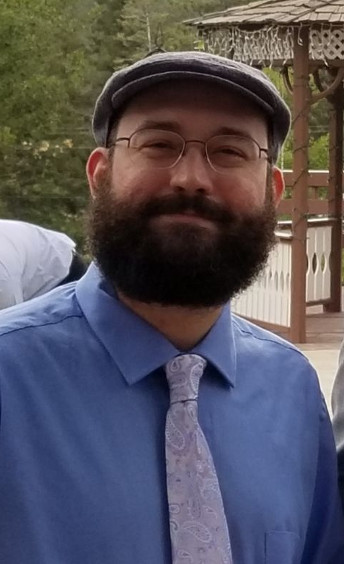I read something kinda odd yesterday.
It was linked at Robot 6. It's a piece from a British rapper by the name of Akira the Don, explaining on the Huffington Post why he isn't going to go see Amazing Spider-Man. And there's this little bit in there:
It's not being made because a bunch of people really wanted, more than anything else, to tell the best Spider-Man story they could on the sliver screen. It's being made to stop the rights to the character reverting from Sony back to Marvel. Who, as we have seen, make much better superhero movies than Sony.
Now, before I go any further, I'd like to establish two things.
One: I hate the fucking Huffington Post.
Two: While I am boycotting Kirby-based Marvel product (eg the Marvel Studios films), I am not at present boycotting Ditko-based Marvel product (eg the Sony Pictures Spider-Man films). I haven't seen Amazing Spider-Man, but I still might.
I'd go into a bit more detail, but my reasons for those two points could really each make for a complete post, so I think I'll leave them as something to write about later.
Anyway. It's quite clear that Mr. the Don wrote this with his tongue firmly in cheek and is not serious about it. And also, he (rightly) praised Sam Raimi's Spider-Man 2. So I'm not really trying to argue with him or tear his post down. But that one line is just kinda weirdly fascinating to me and I want to look at it a little further.
Marvel. Who, as we have seen, make much better superhero movies than Sony.
Really? I mean, Avengers has been a huge critical and financial success, but...are people's attention spans so short that that's going to become the conventional wisdom? The latest Marvel Studios movie was better than the latest Sony movie, ergo Marvel makes much better superhero movies than Sony?
I mean, look. I liked Thor okay. Story was pretty middling, but the art direction was fantastic.
But you wanna tell me it was better than the first two Raimi Spider-Man movies? Really?
Incredible Hulk, Captain America, Iron Man 2 -- all got pretty mixed critical receptions. And Punisher: War Zone? Let's put it this way: I was ten paragraphs farther down before I even remembered to scroll back up here and mention it.
Really, when you take a look at it, Sony and Marvel are pretty well even -- each has two big successes and a handful of mediocrity. Marvel's got Iron Man and Avengers, and Sony has the first two Spider-Man movies.
And then there's Fox, which I think probably also fits that bill: the first two X-Men movies were pretty successful, but the rest of their output hasn't been. (Maybe X-Men: First Class? I liked that one, anyway.) Fox may lose just based on the sheer volume of crap it's put out: X-Men 3, Wolverine, Daredevil, Elektra, Fantastic Four vs. Annoying Sarcastic Businessman, Fantastic Four vs. Giant Cloud of Gas...
Anyway. What Mr. the Don clearly means is that he wishes there wasn't this pesky matter of the outstanding movie rights at Sony and Fox, and that Marvel could get all its characters in one basket and we could see, say, Spider-Man and Wolverine in Avengers 2. As a fan, I can certainly relate to that desire; I really think the shared-universe aspect is what's made both Marvel Comics and the Marvel Movie Universe special.
But it's foolish to suggest that Marvel makes much better superhero movies than Sony.
Because -- just as in the comics -- it's not about the corporate rightsholder, damn it. It's about the creative team.
Avengers didn't succeed because it's Marvel, no matter how badly Marvel wants to say it did. Avengers succeeded because of Whedon and Downey and Ruffalo and Johansson and Hiddleston and Jackson and Evans and Hemsworth and Evans -- and, yes, the people who wrote and drew the stories it was based on, like Kirby and Lee and Heck and Millar and Hitch.
And the first two Raimi Spider-Man movies didn't succeed because they were Sony. They succeeded because of Raimi and Maguire and Simmons and Robertson and Campbell and Molina and Dafoe (and in spite of Dafoe's costume). And Ditko and Lee and Romita and Conway and Kane.
And don't get me wrong, there is something to be said about huge media conglomerates owning huge stables of characters who can all meet and interact. There is an episode of Batman: The Brave and the Bold that features both an adaptation of an old Mad spoof and a team-up with Scooby-Doo. It is awesomesauce.
Or, hell, the recent Avengers cartoon where Ben and Johnny come over to the mansion for poker night. That was great! And it's too bad that we can't see something like that happen in a movie because of rights entanglements!
But that stuff's not great just because it's DC/Time Warner or just because it's Marvel/Disney. It's great because great people -- writers, artists, actors, directors -- put it together.
